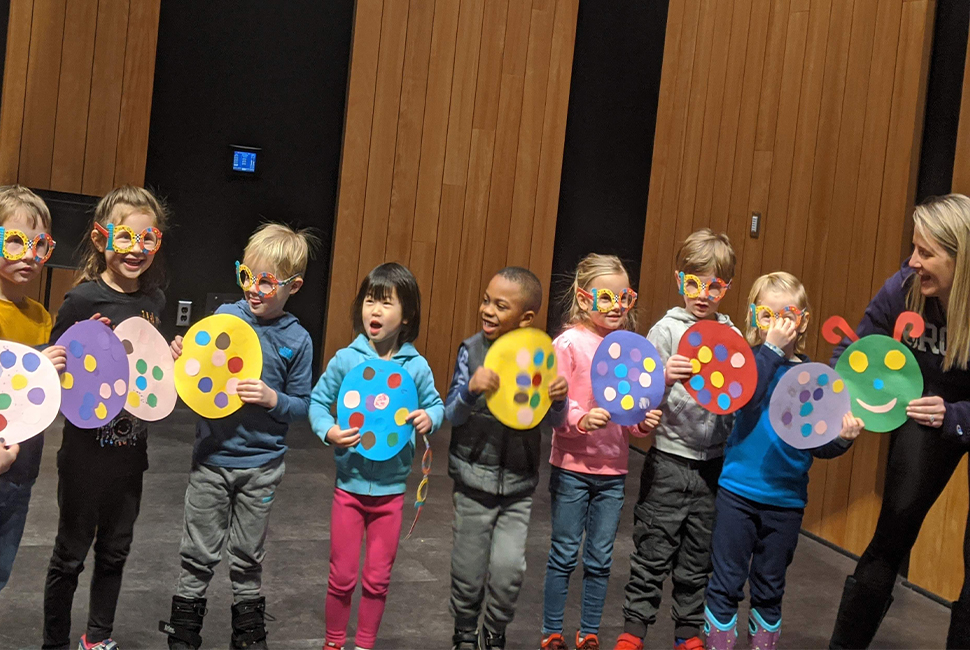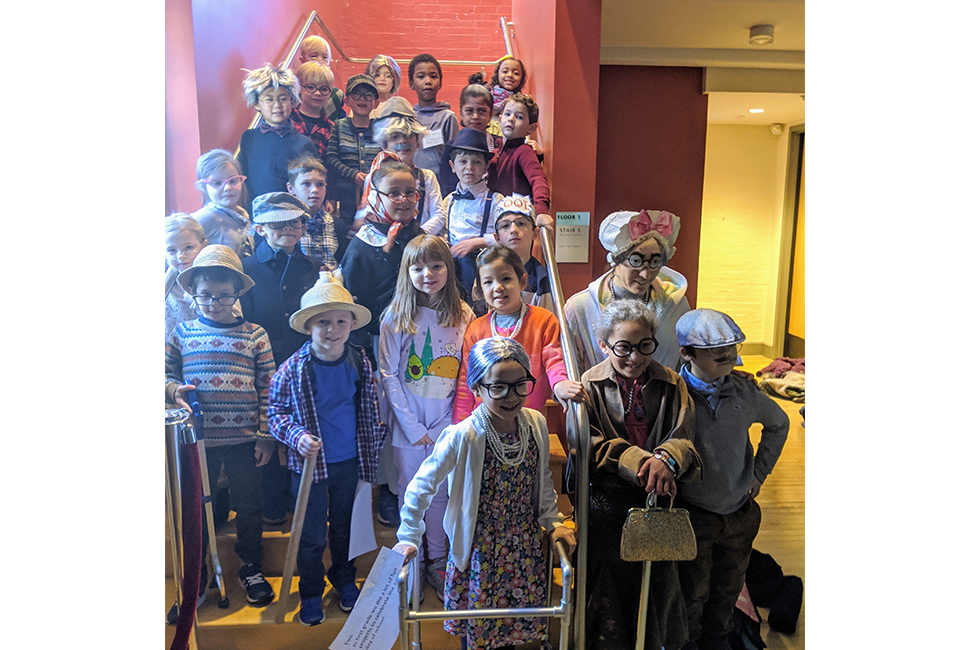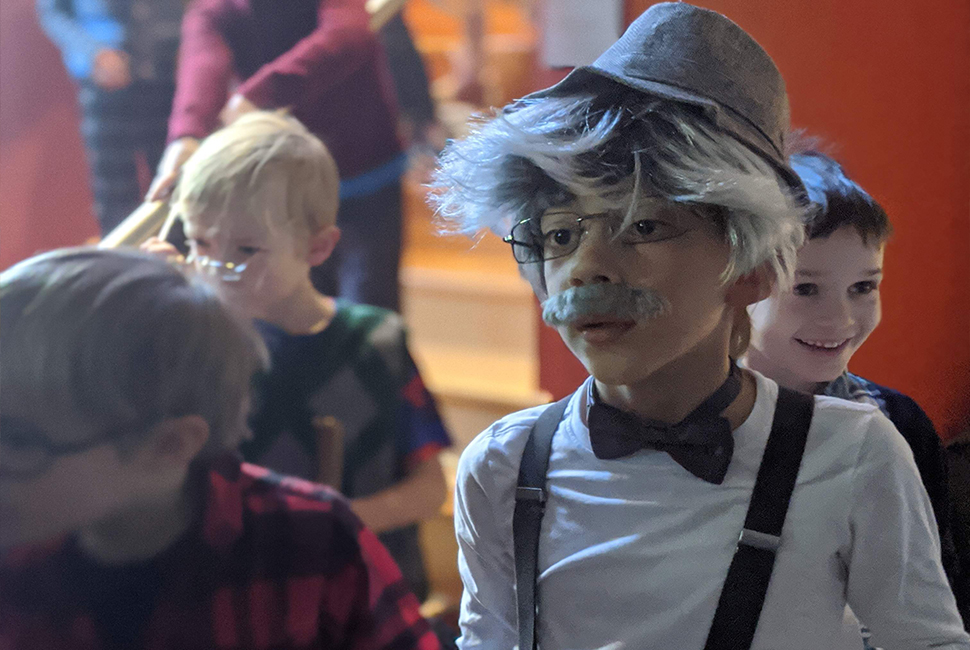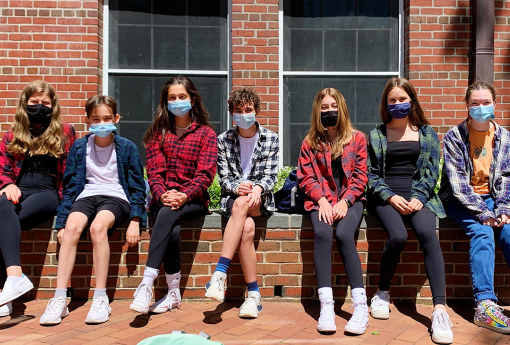
Growing Minds: Joyfully Solving The Problems of Math
March 3, 2020
By Felicia Vinces, Lower School Director, and Rebecca Boswell, Lower School Math Curriculum Coordinator
Approach and Philosophy at Wheeler
by Felicia Vinces, Lower School Director
If you ask some adults about their experiences in math class growing up, you may get a mixed-bag of responses ranging from groans and grunts to squeals and boasts. Math classes in the Wheeler Lower School aim to incorporate rich activity and collaborative problem solving so kids find the wonder and curiosity of math rather than drudgery. When students inevitably ask, “When will I ever use this?”, a teacher knows that math is about problem-solving and as such can be applied easily to real-life situations. The nuances of understanding and visualizing a math scenario is the foundation to being able to develop and sequence a plan to solve that problem. Therein lies the real-life application. Of course, one will sometimes encounter a problem that doesn’t appear like the others seen before, but that is where the magic begins.
Author/educator Jo Boaler of Stanford’s Graduate School of Education, says, “Mathematics will help [students] in their lives, not because they will see the same types of problems in the real world but because they are learning to think quantitatively and abstractly and developing an inquiry relationship with math.” To develop an inquiry relationship means to wonder about the possibilities. To wonder also means to be comfortable knowing that you may not arrive at just the right spot of understanding each and every time. As Mathematics teachers ourselves, each of us appreciate how Wheeler develops young mathematicians who not only do math, but who understand that math is more than calculations and computations. Math is a way to flex their brain muscles by building resilience and new pathways to understanding through a growth mindset.
A Case in Point: 100th Day of School Celebration
by Rebecca Boswell, Lower School Math Curriculum Coordinator
What do Super Bowl LIV and a Wheeler math class have in common? Shakira! While parents may know Shakira for her hit, “Hips Don’t Lie,” Lower Schoolers know her better for, “Try Everything” from the popular movie, Zootopia. The song is brilliant — catchy, dancible, a great sing-along. Put it on your playlist and pay attention to the words. In this one song, Shakira manages to repeat messages about having a growth mindset over and over again:
I won’t give up, no I won’t give in
Till I reach the end
And then I’ll start again
No, I won’t leave
I wanna try everything
I wanna try even though I could fail
The National Research Council, a non-profit group whose work helps shape and inform policies and public opinion related to math and sciences, describes thinking about mathematical proficiency as being similar to five strands in a rope: adaptive reasoning, strategic competence, conceptual understanding, procedural fluency and productive disposition.
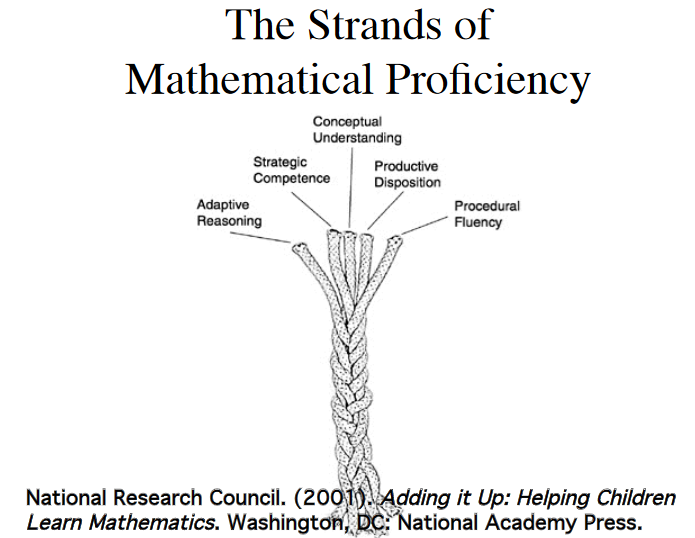
Encouraging students to have a “productive disposition” in the Lower School is all about infusing math lessons with a spirit of fun and giving regular reminders that mathematical thinking requires resilience.
On February 20th, in Grades N-2, Wheeler Lower School celebrated the 100th Day of School at Community Meeting in a joyful display of student learning. Students in First Grade (most in costumes) presented their unit of study on the number 100. They celebrated a place value milestone and grappled with one of life’s profound questions: What will I be like when I am one hundred years old? And then, the future centenarians jammed out to “Try Everything!” Pre-Kindergarten students showed the audience how to count by tens to 100 while building a colorful centipede. Then the entire Lower School and guests warmed up for the day with ten exercises in sets of ten. Whew!
The song and the spirit of the day’s celebration captured the “productive disposition” of math learning in Wheeler’s Lower School.
Growing Minds is the periodic blog about Grades Nursery – 8 at Wheeler.
